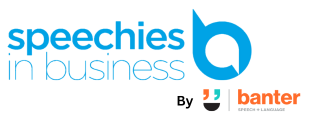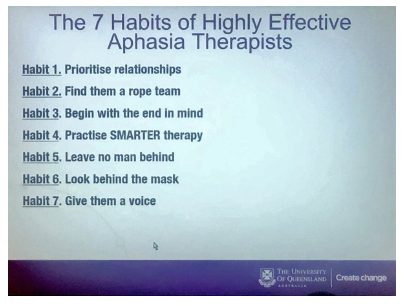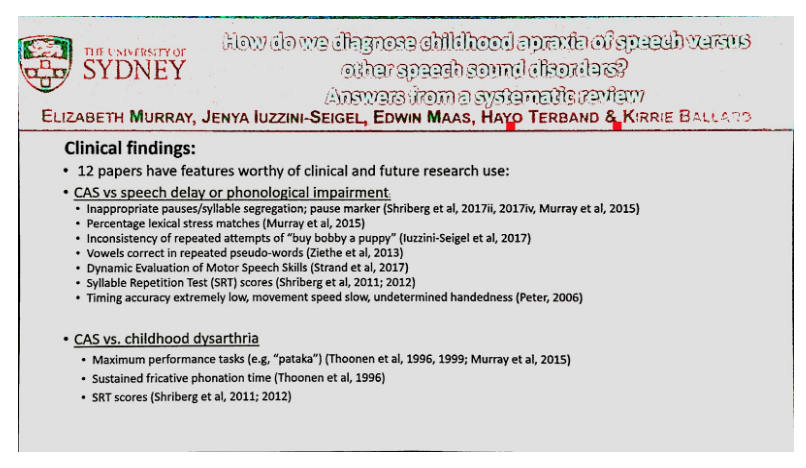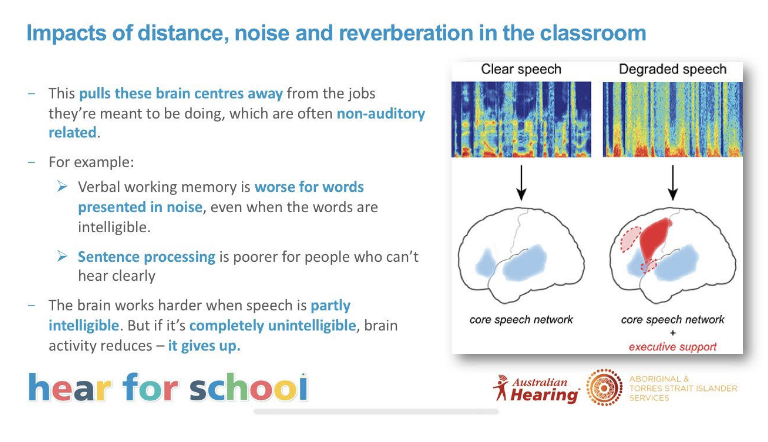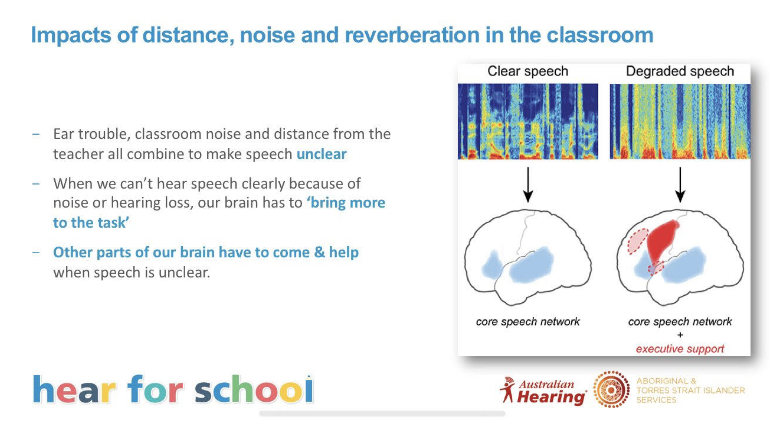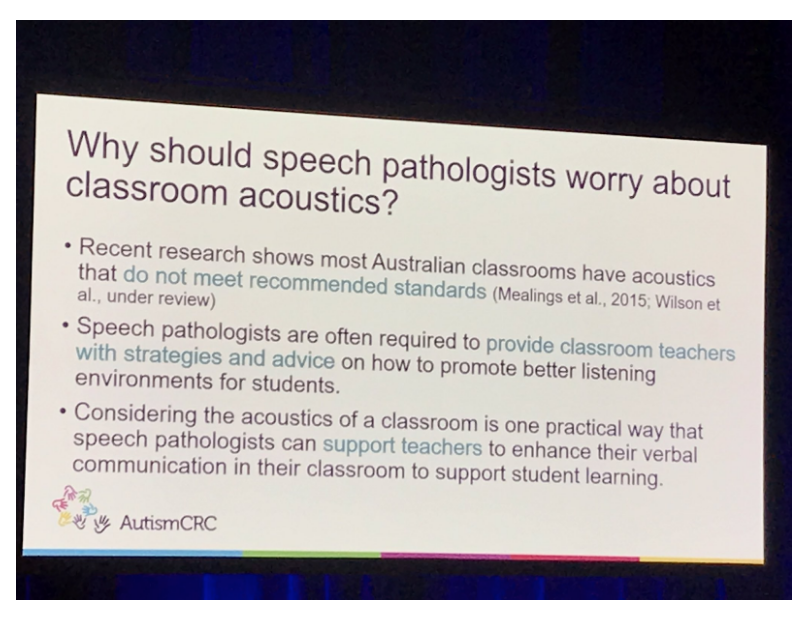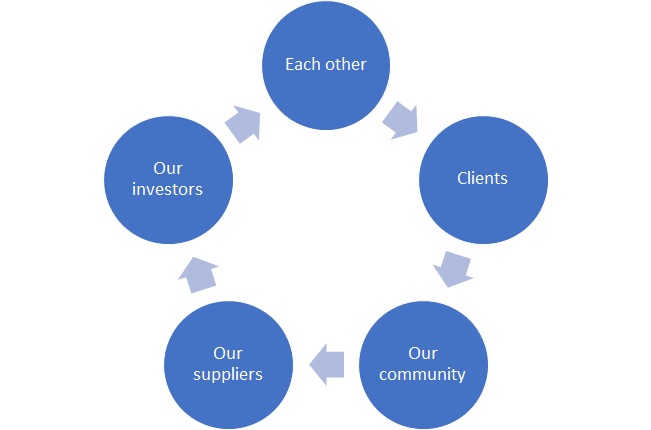About a quarter of current Australian speech language pathologists (SLPs) joined the profession after May 2019; and about half of all SLPs work in private practice.
If you are an early career SLP in private practice – or if you are an SLP student considering private practice as a graduate – here are some early career tips:
- You’ve made a great decision: We have a clear purpose. Demand is rising. Our practice scope is widening. Our evidence-base is growing. Technological innovations are accelerating. We’re striving to become more diverse; and to reflect the communities we service. But we’re short on numbers, with mushrooming waitlists. We need you!
- Big questions: Who do you want to serve and how? Who do you admire, and why? What’s your timeline? How are you learning and growing? What seeds do you need to plant now? What relationships do you need to build? (Hiatt, 2021)
- Long-term relationships and meaningful work > money: You need to be paid properly. But, on our deathbeds, few will care about money or business influence as much as we think we do. Meaningful relationships and useful work matter more. (Coleman, 2022)
- Constant change: SLP work is complex, the profession is evolving, and general economic and health system volatility and uncertainty continue to increase. Stay open to possibilities, and keep your options open – don’t deskill. Stay curious. Read widely across many disciplines. Keep learning. Be flexible so you can adapt to change.
- What employers want to know: What will it be like to work with you? How will you affect existing team dynamics? Can you learn? Do you take initiative and contribute? Do you take feedback constructively and act on it? Do you ask good questions? (Gallo, 2022)
- Criteria to evaluate job offers: Do the practice’s vision, purpose, and strategy intersect with your goals? Do salary and incentives support team and individual growth? What is the job content and caseload? Workload. Respect. Supervision. Training. Safety and compliance. Quality control. Systems and resources. Clear career path. Turnover and burnout rates. Flexibility.
- Getting up to speed: Figure out the ‘informal org chart’. Find leaders (supervisors, mentors, colleagues) who help to get things done. Make people around you feel valued, with good listening and engagement. Look for gaps and help fill them. (Cross, 2021)
- Professional learning curve: Aggressively expand your ‘Circle of Competence’. Invest and track new technical, communication/advocacy, and leadership skills. Get educated on business: strategies, people management, systems, cost structures, break even, and cashflows. Learn, then share new knowledge. Apply new skills as soon as you can. Contribute new ideas!
- Hanging in there! “Patience is annoying…But the truth is, in almost all cases, our most meaningful goals require effort and perseverance – and time…You might have to keep making the effort, even when it seems pointless, boring or hard. There will be dark moments when it’s unclear whether you’re making any progress at all” (Clark, 2021). Don’t give up too early! Professional growth is not always linear and is often a result of conflicting variables.
- Don’t job hop for the sake of it: Consider moves only if they’ll increase your skills and opportunities. Fast leaps may not lead to long-term success and contribute to burn out. Don’t be distracted by titles – focus on substance. Think about whether the move will help or hinder your ability to achieve your long-term goals. (Hamori, 2010)
- Don’t ‘specialise’ too soon: In the long-term, specialists often prosper. But, if you are unsure, stay general and focus on learning transferable skills. If you decide to focus on one practice area, choose one that’s growing quickly. Retaining intellectual breadth is important. (Gulati, 2012)
- You only get one reputation: Relationships matter more than jobs and transactions. Think long-term. Respect your colleagues. Don’t burn bridges. Stay ethical. When you run into conflict – and you will – take the high road and stay professional.
For more, free private practice tips, check out our ‘12 Days of Tips for SLPs in Private Practice‘ series.
For more information about proper supervision of speech pathologists in private practice, download our “How to Supervise Speech Pathologists Properly in Private Practice” book, templates and video course on our Banter Speech & Language clinic website.
